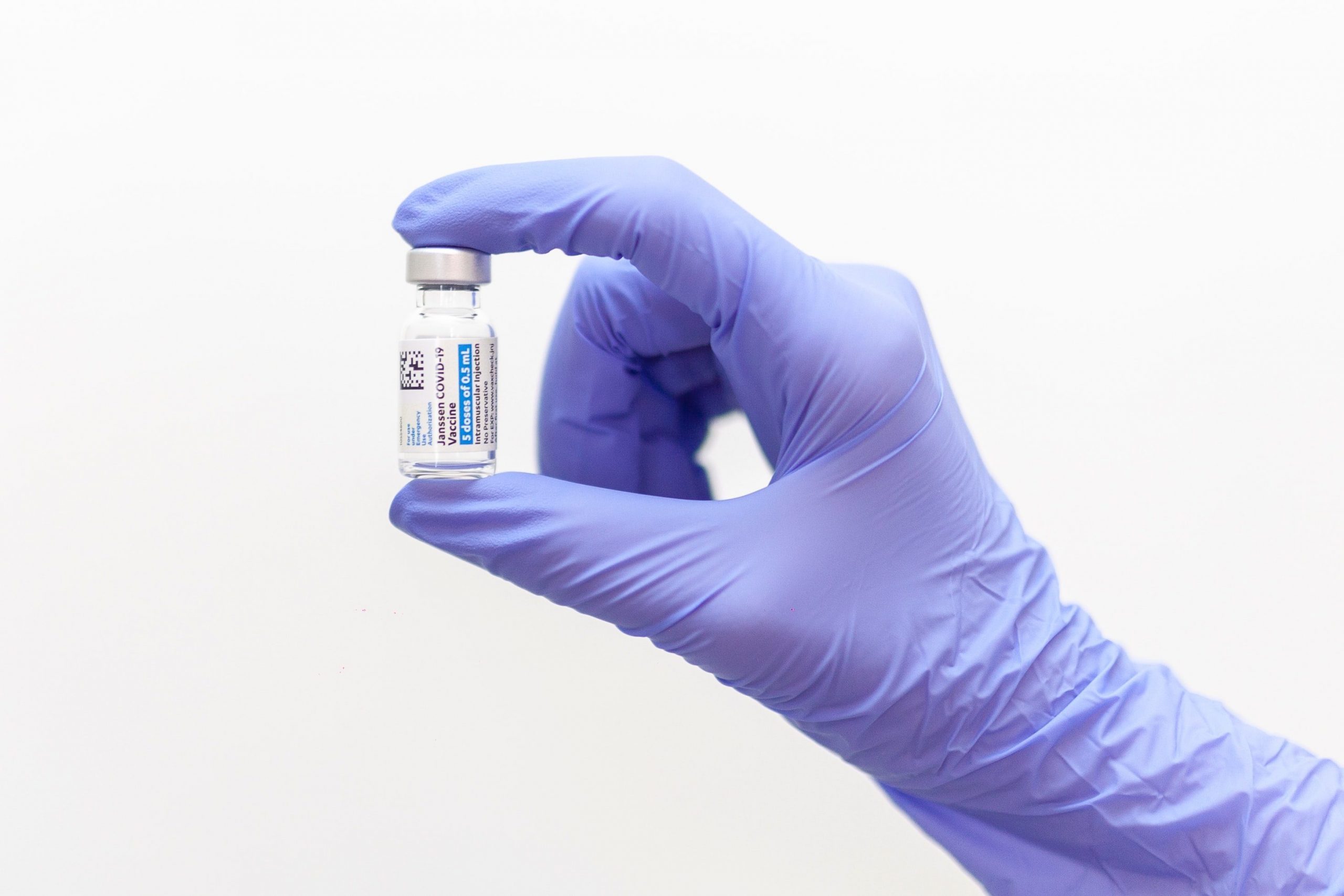Pfizer submitted early-stage clinical trial data to the FDA earlier this month to seek authorisation for Covid-19 booster shots.
Qatar has yet to make a decision on administering a third jab of the coronavirus vaccine that would work as a booster shot, a top health official said on Wednesday.
The decision to issue a booster shot will depend on the immunity levels of those who received the two doses of the vaccine after 8 months of the second jab, Medical Director of Hamad General Hospital at Hamad Medical Corporation Dr. Yousef Al-Maslamani said on Qatar TV.
The comments come as countries around the world mull a rollout of the third shot as vaccination campaigns for wealthy countries accelerate globally.
د. يوسف المسلماني، المدير الطبي لمستشفى حمد العام : تم إقرار نظام التعليم المدمج في المدارس بنسبة 50 ٪ لضمان صحة وسلامة الطلبة
برنامج #حياتنا #تلفزيون_قطر pic.twitter.com/zTsXB7KZrS
— تلفزيون قطر (@QatarTelevision) August 18, 2021
With the constant mutation of the coronavirus into different and deadlier strains, pharmaceutical giants Pfizer and BioNTech earlier this month submitted early-stage clinical trial data to the Food and Drug Administration (FDA) as part of a US application seeking approval for a Covid-19 booster vaccine for those 16 and older.
In a first phase trial, a booster dose of the Covid-19 jab created “significantly higher neutralising antibodies” against the original coronavirus strain, as well as the Beta and Delta variants.
Participants in the trial received a third shot of the vaccine around eight to nine months after receiving their second shot.
“This initial data indicate that we may preserve and even exceed the high levels of protection against the wild-type virus and relevant variants using a third dose of our vaccine,” said Dr Ugur Sahin, CEO and co-founder of BioNTech.
Pfizer and BioNTech said that late-stage trial results assessing the third dose are to be expected soon before being submitted to the FDA and other global regulatory bodies.
Read also: WHO calls for wealthy countries to postpone Covid-19 booster jab
“The data we’ve seen to date suggest a third dose of our vaccine elicits antibody levels that significantly exceed those seen after the two-dose primary schedule,” Pfizer CEO Albert Bourla said in a statement. “We are pleased to submit these data to the FDA as we continue working together to address the evolving challenges of this pandemic.”
The latest development comes after federal health officials approved of the administration of Covid-19 booster shots from Pfizer and Moderna vaccines to Americans with weakened immune systems.
US data suggests that two doses of a Covid-19 vaccine are not enough for immune-compromised individuals to produce a satisfactory immune response.
The latest data from Pfizer analyses the booster’s safety and immune response in people with healthy immune systems.
However, the World Health Organization (WHO) has called on wealthy nations to postpone the administration of Covid-19 booster vaccines for at least two months.
WHO said that the halt would give the world an opportunity to vaccinate 10% of every country’s population by the end of September.
70% of students vaccinated
Since its launch late last year, Qatar’s National Vaccination Program has allowed thousands of people to be inoculated on a daily basis.
“Vaccines are available in large quantity. We are vaccinating about 20,000 people in a day,” Al Maslamani said.
With the new academic year just around the corner, health officials have ramped up calls to urge parents to vaccinate children aged 12-17 ahead of the reopening of schools.
“Children aged 12 and above have been eligible during recent months to get vaccinated in Qatar,” Dr. Hana Khudair Saleh, Community Medicine Specialist at Primary Health Care Corporation [PHCC], said in a video message posted on MoPH Twitter.
The ministry of health has also urged all teachers to receive the vaccine to limit the spread of the virus while also guaranteeing quality education for all.
So far, 90 percent of school staff are fully vaccinated and around 70 percent of students aged 12 to 17 years old have received at least one dose, Al Maslamani said.
“We received a great response by employees of the Ministry of Education and Higher Education, teachers and other staffers,” he stated.
“This is encouraging. I would like to thank parents for their support for the vaccine drive.”
Dr. Saleh also added that over 60 percent of those aged 12 to 15 who have received the vaccine did not report any major side effects.
“With schools due to start at the end of August, it is important that as many children as possible are vaccinated in order to ensure a safe school environment,” she said, adding that parents should schedule an appointment soon to vaccinate their kids before the start of the year.
Meanwhile, Dr. Al Maslamani also highlighted that strict preventive measures will be implemented in schools in order to protect students and staff during the academic year, which will kick off on August 29 for the country’s public schools.
The measures will include a blended learning system with 50% capacity of school with rotational attendance, mandatory face masks, sanitisation and social distancing. He added that the number of students were reduced to 50% to ensure enough spaces are available for maintaining social distance rules in classrooms and outside.
School staff and parents entering school campus will also be required to show a green Ehteraz status to be allowed in.
“The school staff who could not take the vaccines will undergo weekly Covid-19 tests to protect them and other from the pandemic,” the official emphasised.
Health indicators will also be reviewed on weekly basis by the strategic committee, including the number of daily new cases and hospital admission rate, to prevent and limit the chance of the virus spreading rapidly.
“The committee will suggest new measures as per the need in future based on Covid-19 situation in the country,” said Dr. Al Maslamani.
Follow Doha News on Twitter, Instagram, Facebook and Youtube







